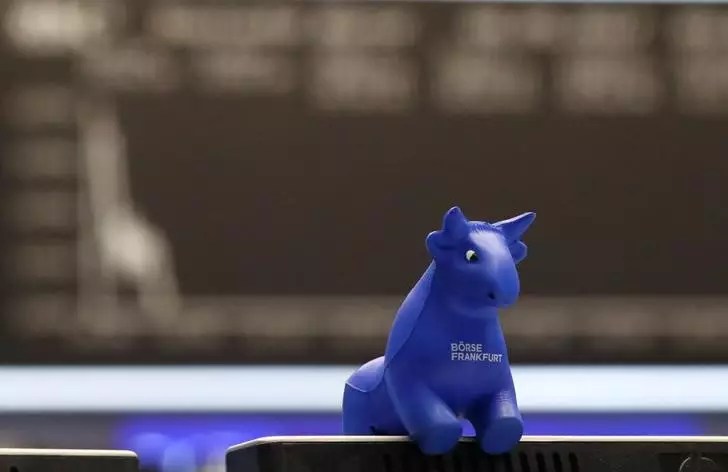European stock markets experienced a largely stagnant end to the trading week, reflecting a cautious stance among investors in the face of mounting global uncertainties. The dynamic across major indices showed hesitancy, largely influenced by expectations surrounding the impending U.S. jobs report and ongoing conflict in the Middle East. As the trading day commenced, Germany’s DAX index remained unchanged, while France’s CAC 40 and the UK’s FTSE 100 each reported slight increases of 0.1%. This subtle shift illustrates the current investor sentiment—seeking stability in the face of fear-driven volatility due to geopolitical tensions.
The persistent escalation of tensions in the Middle East has contributed to a precarious atmosphere within European markets. The potential for Israel to engage in retaliatory military action against Iran remains a core concern for investors, especially given the alarming possibility that such actions could impact critical oil infrastructure throughout the region. Historical context dictates caution, as the geopolitical landscape can significantly influence oil prices and, subsequently, economic forecasts. Encouragingly, however, U.S. President Joe Biden stated his belief that an “all-out war” in the Middle East is unlikely, providing some reassurance to anxious investors.
Attention also turned to economic data emerging from Europe, particularly the recent readings on industrial production in France. The reported growth of 1.4% in August signified a recovery from a previous decline of 0.5% in July, suggesting a potential upswing in economic activity. Despite these positive numbers, the prevailing mood remains one of caution; investors are wary of how the wider geopolitical situation and upcoming events will impact growth trajectories. Furthermore, speeches from European Central Bank (ECB) policymakers later in the day could influence market sentiment, as these statements are often rich with insights regarding monetary policy and economic outlooks.
Today’s attention is fixed on the United States, where the monthly jobs report is anticipated to shape market dynamics significantly. Predictions suggest a moderate addition of 147,000 jobs in September, with an unemployment rate expected to remain steady at 4.2%. Recent labor market data has generally surprised to the upside, hinting that an optimistic reading could alleviate pressure on the Federal Reserve when making decisions in their forthcoming policy meetings. A robust jobs report would likely encourage investor confidence, suggesting the U.S. economy remains resilient, which would in turn affect interest rates and market trajectories across Europe.
Within the corporate realm, British pub chain J D Wetherspoon reported an impressive 73% surge in pretax profits, with revenues surpassing £2 billion for the first time in the company’s history. This noteworthy performance demonstrates that certain sectors continue to recover even as broader market conditions falter. Following this announcement, J D Wetherspoon’s shares rose 0.5%, a small yet significant reflection of the company’s successful rebound from the impacts of the pandemic and the current economic climate.
Oil prices also saw modest gains as the week came to a close, influenced heavily by the risk dynamics stemming from geopolitical tensions. As of the latest data, Brent crude increased by 0.3% to $77.86 per barrel, while U.S. West Texas Intermediate (WTI) crude rose by 0.4% to $73.99 per barrel. Notably, both benchmarks are on track for their largest weekly gains in over a year, a telltale sign of the influence that conflict and instability can have on energy markets. The anticipated weekly rise of around 8% in Brent crude—its steepest increase since February 2023—exemplifies market reactions to external shocks.
The European markets have demonstrated a tempered reaction to recent pressures, suggesting that investors are in a state of vigilance as they navigate through uncertain economic and geopolitical landscapes. While some positive indicators exist, the overarching caution reveals the challenges that lie ahead.


Leave a Reply